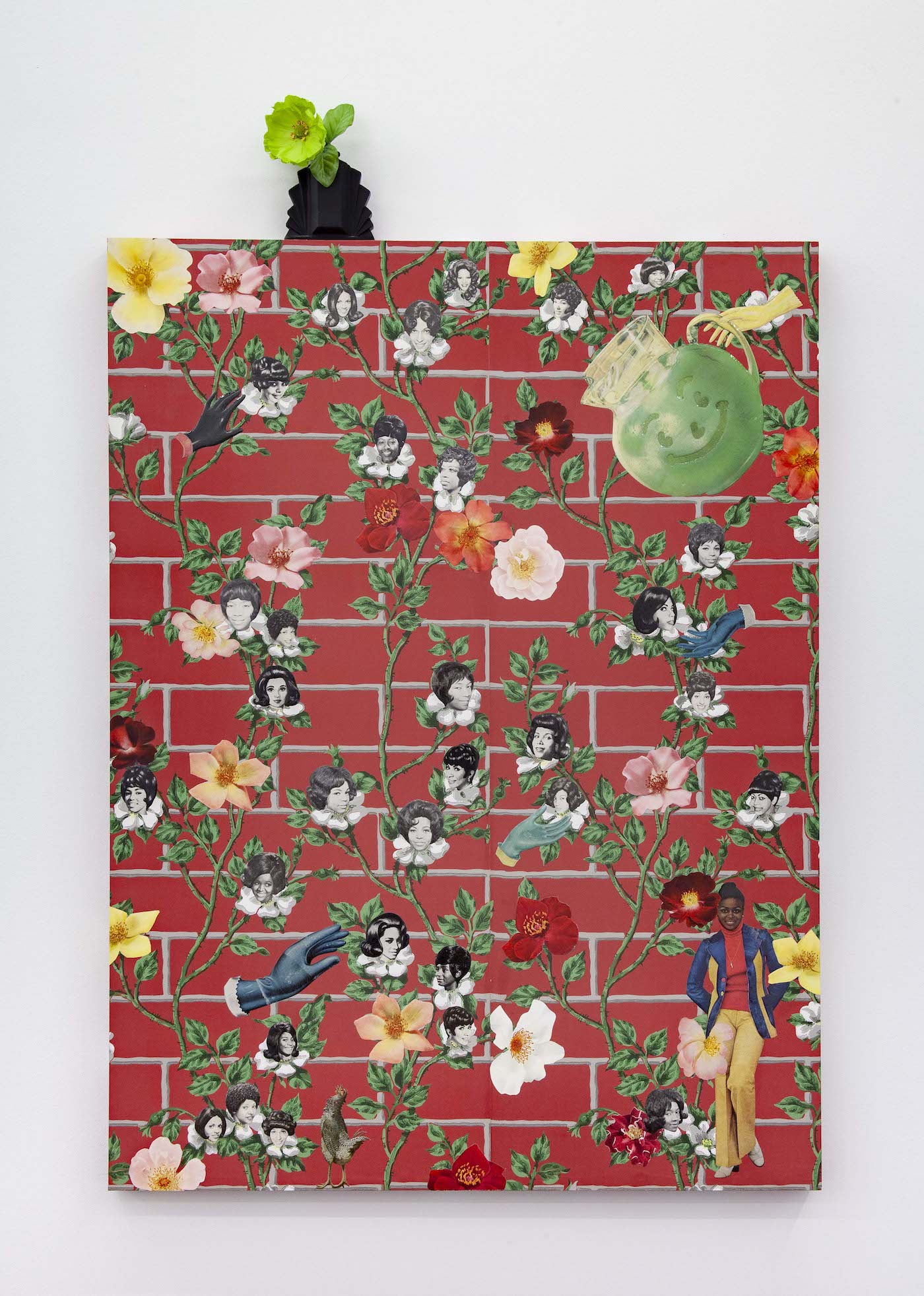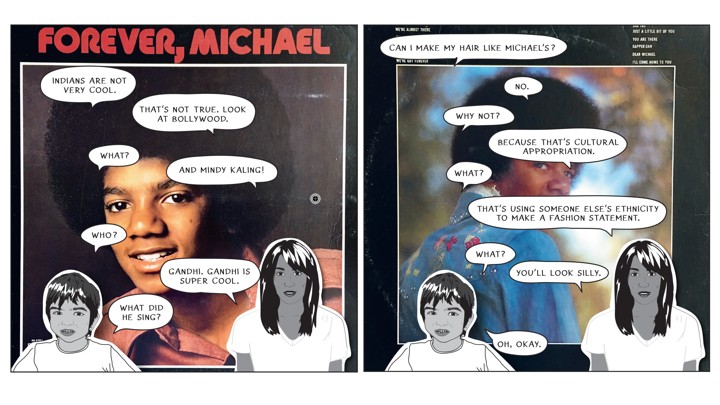A Conversation With Adele Logan AlexanderPosted in Articles, Biography, History, Interviews, Passing, United States, Women on 2019-05-20 15:30Z by Steven |
A Conversation With Adele Logan Alexander
Yale University Press
Fall/Winter 2019
page 18
What was your inspiration for writing this book [Princess of the Hither Isles: A Black Suffragist’s Story from the Jim Crow South]?
Since I was named for her, Adella Hunt Logan has intrigued and inspired me for decades, but she was always a mystery presence in my life. I only learned as an adult that she’d been a fierce suffrage advocate. Admirable, I thought, since my mother, my aunts, and I were also African American feminists.
How do you perceive Adella’s racial heritage?
Adella was a black woman who looked white, but I don’t believe that she felt ambiguous or hesitant about her identity as an African American. Virtually all of Adella’s male progenitors were white. Sometimes those relationships were coercive, but not always. Her maternal grandmother, whom I portray as the most important influence on her early life, was black, white, and Cherokee.
How did Adella’s racial ambiguity impact her life in the Jim Crow South?
She deliberately or inadvertently “passed” as white on many occasions, primarily to obtain medical care or to attend all-white, segregated suffrage conventions. Mostly her goal in “passing” was to learn and to bring back what she learned to her own African American community.
What sources did you use to reconstruct Adella’s story?
Years ago, I wrote about some of the rare free women of color in the Old South. At that time, I accessed myriad traditional sources—maps; school, church, and census records; letters; previous scholarship, and the like—but for this book, I’ve also tapped into the passions, lore, traditions, and memorabilia that I inherited, especially through oral history.









